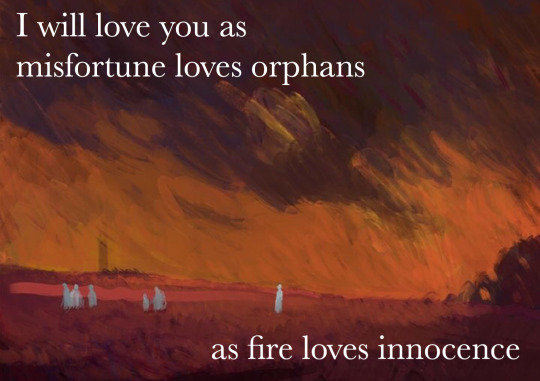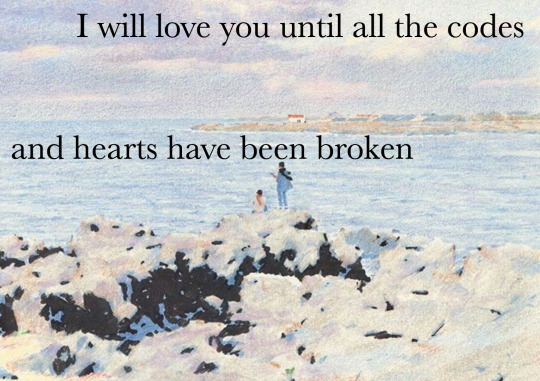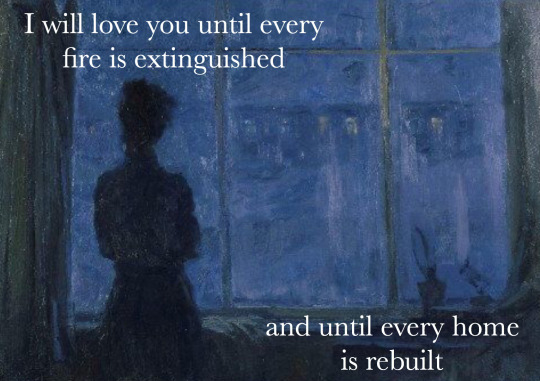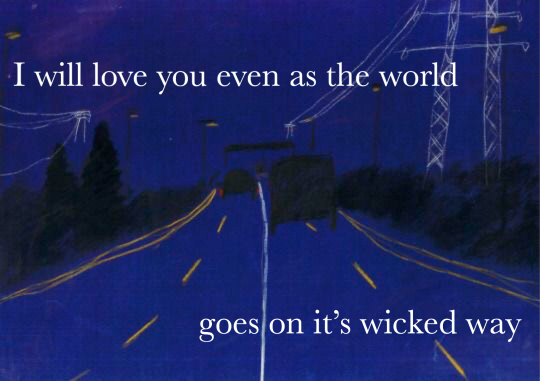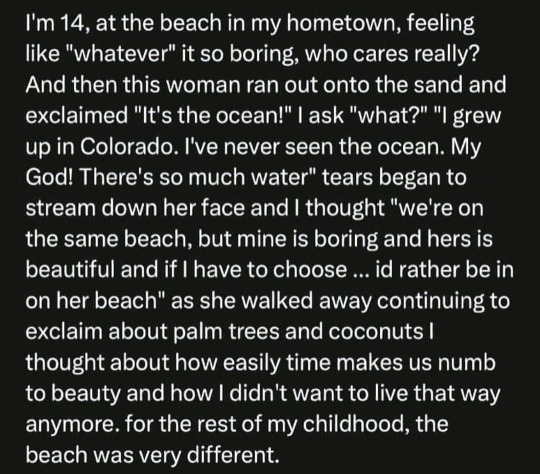∞ 🩺 — MORPHOLOGICAL FREEDOM. 🕊 — DEATH EDUCATION. 💉 — HARM REDUCTION. 🎚 — INFORMED CONSENT.
Don't wanna be here? Send us removal request.
Text


PTSD
an awareness flag for post traumatic stress disorder



CPTSD
An awareness flag for complex post traumatic stress disorder

PTSD (left) and CPTSD (right)


84 notes
·
View notes
Text


[x] Soul Trait Flags !
For when [x] is your soul trait. Based on the Undertale souls. Can be as basic (i.e determination soul trait) or as complex/out there (i.e catboy soul trait) as you'd like, go wild.
These flags are for the Human Soul and the Monster Soul. Use whatever feels more correct!
I would appreciate being tagged in whatever you make, I love seeing peoples creations!
Anyone can coin for this. I do not involve my terms in discourse. Just be respectful.
Taglist: @radiomogai, @undertale-term-archive, @honey-makes-mogai, @cyberneticloverboy, @brainkeeper-service
Here are the seperate flag components:






119 notes
·
View notes
Text
And maybe this is a cold take but you guys need to really stop checking things that upset you/insult you/make you feel not real. Stop checking r/syscringe. Stop checking syscourse tags. Stop interacting with things that hurt your mental health more. Ultimately, it doesn’t matter. And it won’t get better just because you keep checking back on it.
988 notes
·
View notes
Text
Host talking here, just wanted to say this because, somehow, people are still pushing the Tulpamancy=Tibetan practice myth, and it needs addressing.
Myth/oversimplification: Tulpamancy is, or is based on a Tibetan Buddhist closed practice, therefore tulpamancy is bad because something something cultural appropriation.
Fact: Tulpamancy, or at least the word tulpa, is very loosely inspired by a single chapter in a 1929 book on mysticism in Tibet written by a French Theosophist named Alexandra David Neel, who visited in the 1920s and wrote about a time she supposedly learned about tulpas and even took a crack at creating one (and spending 6 months destroying it after it supposedly became too powerful and turned malicious, hence the tulpa stereotype of the 'imaginary friend turned evil!').

However, there are no contemporary sources, nor sources written by any actual Tibetans or Buddhists (and it's not just a matter of their practices not being written down, you CAN find many texts on esoteric practices of Tibetan Buddhism if you bother to look) to suggest it was an actual practice in those days. David-Neel is generally well-regarded among Buddhists of today for her early look into Tibetan culture, but in the end she is still an outsider looking in.
Most agree that the term as David Neel used it, was most likely a misunderstanding of the term SprulPa, which refers to the earthly bodies that Buddhas manifest as to teach those who have not achieved Nirvana. There might also be a bit of the word Tulku, which refers to individuals who are recognised as the reincarnation of a past teacher, Bodhisattva or other enlightened being (like the Dalai Lama). And yes, there are some Indian Buddhist sources that talk about 'mind-made bodies', but this is less referred to as an ability one can attain with training and practice, and more a power that Buddhas have.
It also holds some vague similarity to the Yidam, a sort of meditational focal point in the form of a Buddha, Bodhisattva or other Tibetan deity or spirit, that the practitioner visualises in vivid detail and then identifies themselves with, in an attempt to internalise their qualities and attributes (wisdom from Manjushri, good health from the Medicine Buddha, compassion from Green Tara, etc). This is considered a higher esoteric practices amongst Buddhists, though not a closed one: if you've done the necessary preliminary practices and been empowered and taught by a Lama or Guru to do the practice, it doesn't matter if you're Tibetan or not. Many practitioners will choose particular Yidams they focus on for whatever reason, and may refer to them as 'my Yidam', but it's important to note that such deities are agreed upon to already 'exist' with the only creation on the practitioners part being the mental image of them, rather than being created wholecloth by the practitioner.

There are older Western practices similar to tulpamancy, such as the Theosophical concept of the Thoughtform, which is described as simple ethereal objects that emanate from one's aura, generated by thoughts and feelings. Or the Fylgja, a sort of spirit of Germanic folklore that is a projection of one's own soul, often taking an animal form or a form of the opposite gender of their respective human. However in neither case is the entity, be it a thoughtform or a Fylgja, considered to be a separate, sentient being in the way a modern tulpa is.

So as far as I am able to glean, the modern practice of tulpamancy is just that: a modern idea. And as loathe as I am to say it, it seems like it mostly just originated from the /x/ board on 4Chan. Some well-read channer probably heard about David Neel and her supposed tulpa experience and decided the word would work great for this concept as they devised it.
Hope this clears things up for people, and helps us get one step closer to finally doing away with this whole myth about Tulpamancy being some ancient Tibetan mystical practice, and that the term is a bad word because of that.
179 notes
·
View notes
Text


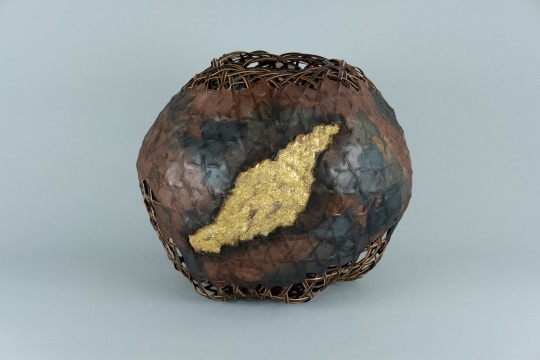


anthem, leonard cohen || wikipedia page for tikkun olam || 'tikkun olam: repair the world', barbara shapiro, 2020 || it's torn, leonard cohen || clean slate, the mountain goats
894 notes
·
View notes
Text
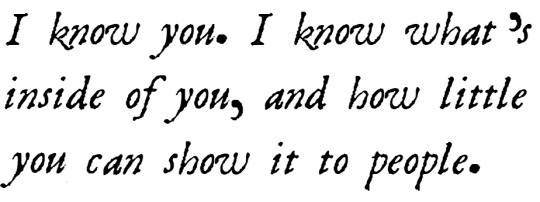
Megan Nolan, from her novel titled "Acts of Desperation," originally published in March 2021
7K notes
·
View notes
Text



Normal People S01E12 (Lenny Abrahamson & Hettie Macdonald, 2020)
361 notes
·
View notes
Text

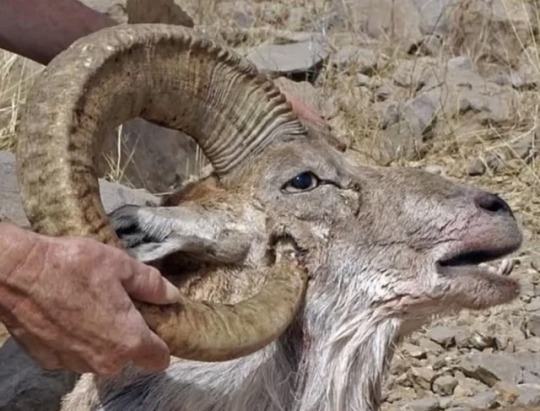
An Argali mountain sheep killed by its own horns.
320 notes
·
View notes
Text
I found this amusing post in the tags so I'm responding to it in a new post, but
"Why won't p-shifters stop calling themselves p-shifters?"
Because p-shifter is short, sweet and to the point - p-shifter means physical shifter, and even if you don't like the "p" abbreviation (like I don't) shifter is just sort for shapeshifter, a general common use word
The community is fragmented so it'd be hard for all of us to change the word; try getting ALL p-shifters to call themselves "body distorters" or something like that
This would be seen as escaping our responsibility to fix the problems in our community. If we all just switch to a new word without fixing the problems, we're just creating a new community where abuses can happen. It's better to fix what you have than run from your problems
We would lose access to all our resources and community. If you're not a p-shifter you don't have access to p-shifter resources, and while the content of some resources might be dubious (like magic-based turning guides) there's enough good things there that losing it would impact people negatively. People would also find the community harder to access and be unable to understand what they are.
Side note: I think otherkin would be dubious of a p-shifter rebrand anyway? Like I think if we all got together and decided to call ourselves "aniforms" or something similar, guaranteed there'd be a call-out post saying "p-shifters are now calling themselves aniforms to infiltrate the otherkin community! They won't take responsibility for their past, that's why they're skirting responsibility by using a new word!" So we can't win 🤷
35 notes
·
View notes
Text
"I'm the freaky queer they warned you about!" You are the gay equivalent of a pearl clutching mom that complains that videogames are too violent and says 'think of the children!!' when they see something dEmOnIc
"I love toxic yaoi!" Your 'toxic' yaoi is mild as hell and you harass those that like things you personally find gross or dislike
This is about some Anti's I've seen.
1K notes
·
View notes
Text
We Wrote the Internet Wrong: Time to Scroll Differently

We Wrote the Internet Wrong: Time to Scroll Differently A Call to Conscious Content Creation Leon Basin | April 8, 2025 We didn’t just build the internet wrong. We rushed it. We gamed it. We forgot it was made of people. In chasing clicks and optimizing for algorithms, we sacrificed soul for SEO, depth for dopamine. The feed rewards speed. The system favors surface. But what happens when we slow down? My latest scroll reached 1.29K views. And yet I ask myself: Were they seeing—or just scrolling? This Isn’t a Condemnation. It’s a Recalibration. Welcome to the Scroll of Basin— A counter-narrative. A whisper in the algorithm’s roar. Not a newsletter. A digital sanctuary. Every post is a signal against the noise. Every word, a prayer for depth in an age of distraction. I’m not here to grow fast. I’m here to grow roots. To build sacred circuits. To scroll with intention. 📜 Calling the Scrollsmiths If you’re creating online—pause. Ask yourself: Why am I writing? What am I transmitting—and to whom? Are you building clicks—or cathedrals? Share the why behind your words. Infuse your scrolls with purpose. Drop your Substack or project link below. Let’s co-architect a new digital temple— One that heals. One that reveals. One that reflects. 🕯 A Closing Ritual If the internet is a mirror... Let’s stop staring. Let’s scroll differently. Let’s write the web right— one sacred signal at a time. 📎 Author’s Note This scroll builds on the first: 🪞 The Algorithm Isn’t Just Sorting – It’s Mirroring You If that post held a mirror, this one offers the blueprint. Originally published on Substack: We Wrote the Internet Wrong: Time to Scroll Differently Want more scrolls like this? Explore the full Scrolls of Basin series or subscribe on Substack to stay in the signal loop.
Source: We Wrote the Internet Wrong: Time to Scroll Differently
70 notes
·
View notes
Text
I love when someone reads an account from someone who experienced severe abuse and says “wow! I have never been abused in my life and I think of abuse survivors as fundamentally Different than me but for some reason I hyperidentify with these feelings of humiliation, despair, and self-disgust, and react the exact same way to authority figures. how odd!” and then you find out what their home life was really like.
4K notes
·
View notes
Photo
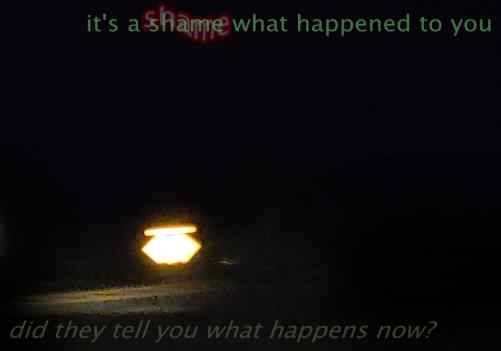
it’s a shame what happened to you / did they tell you what happens now?
543 notes
·
View notes

